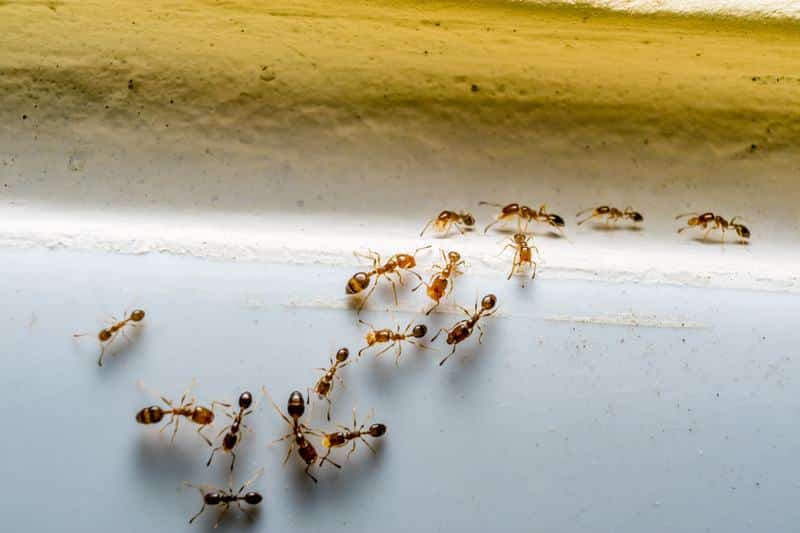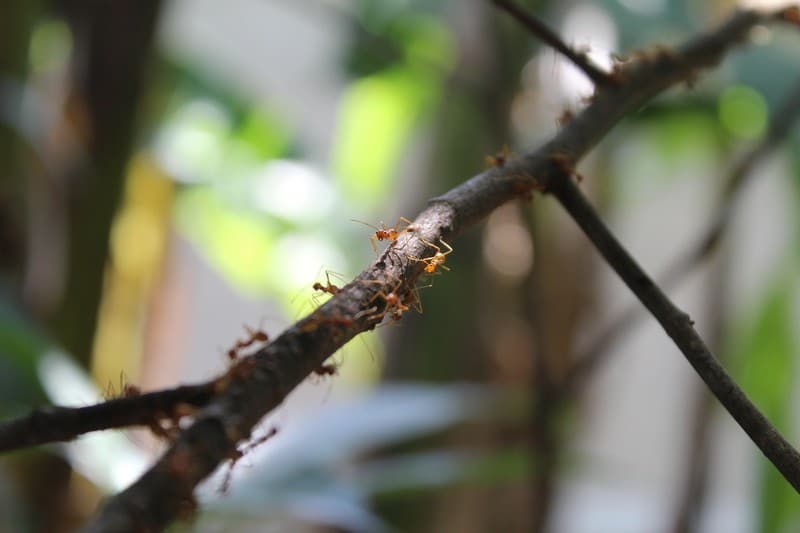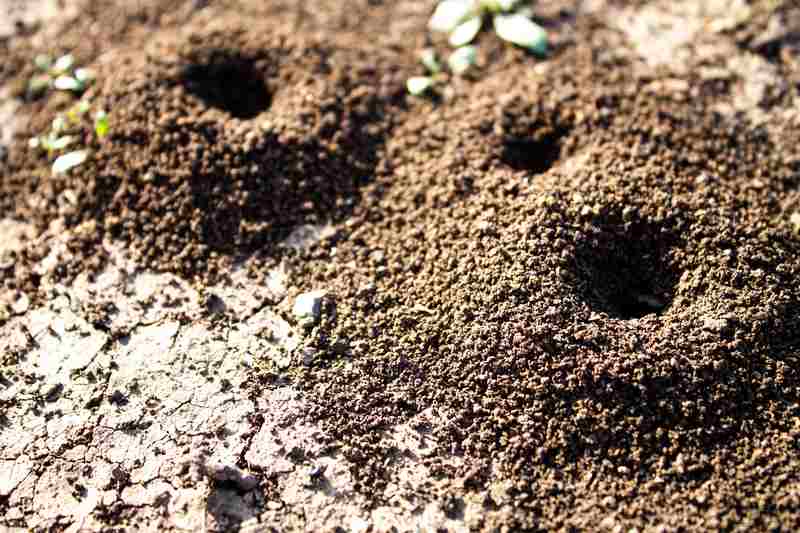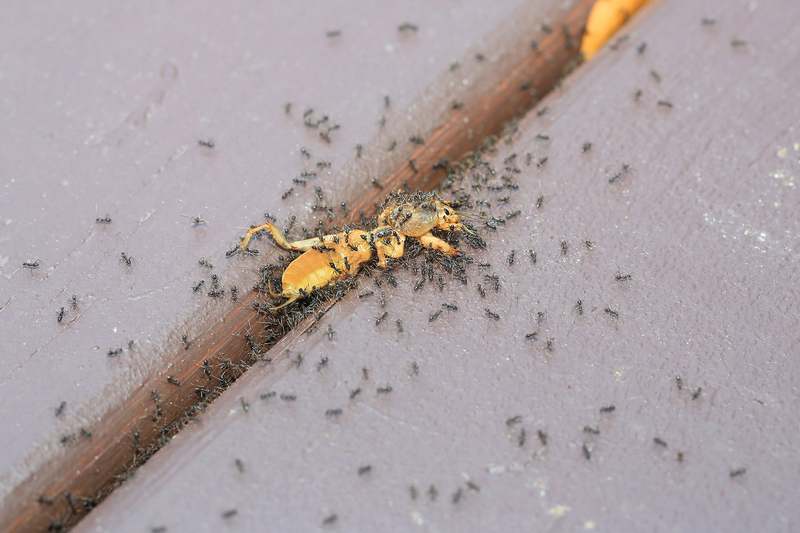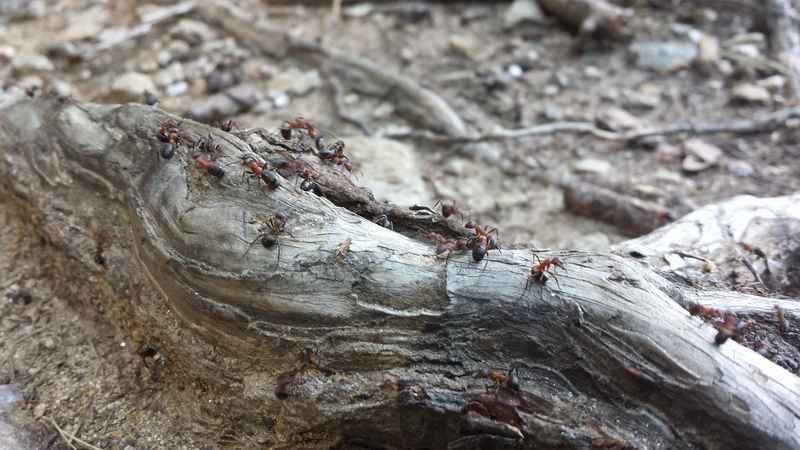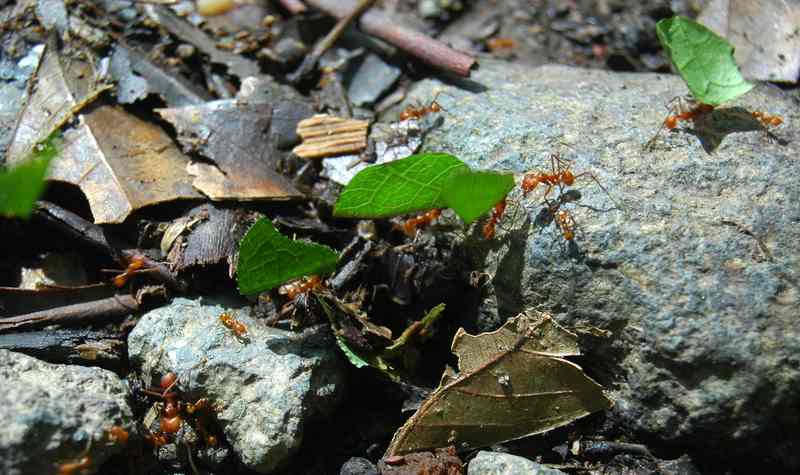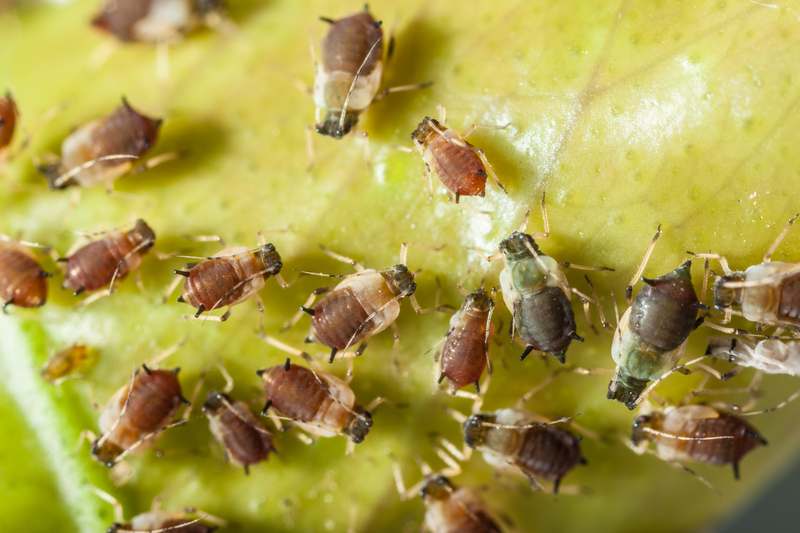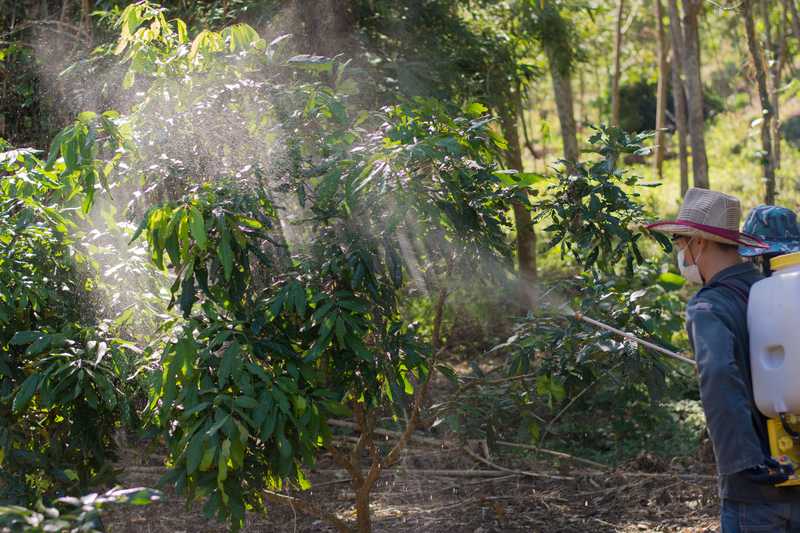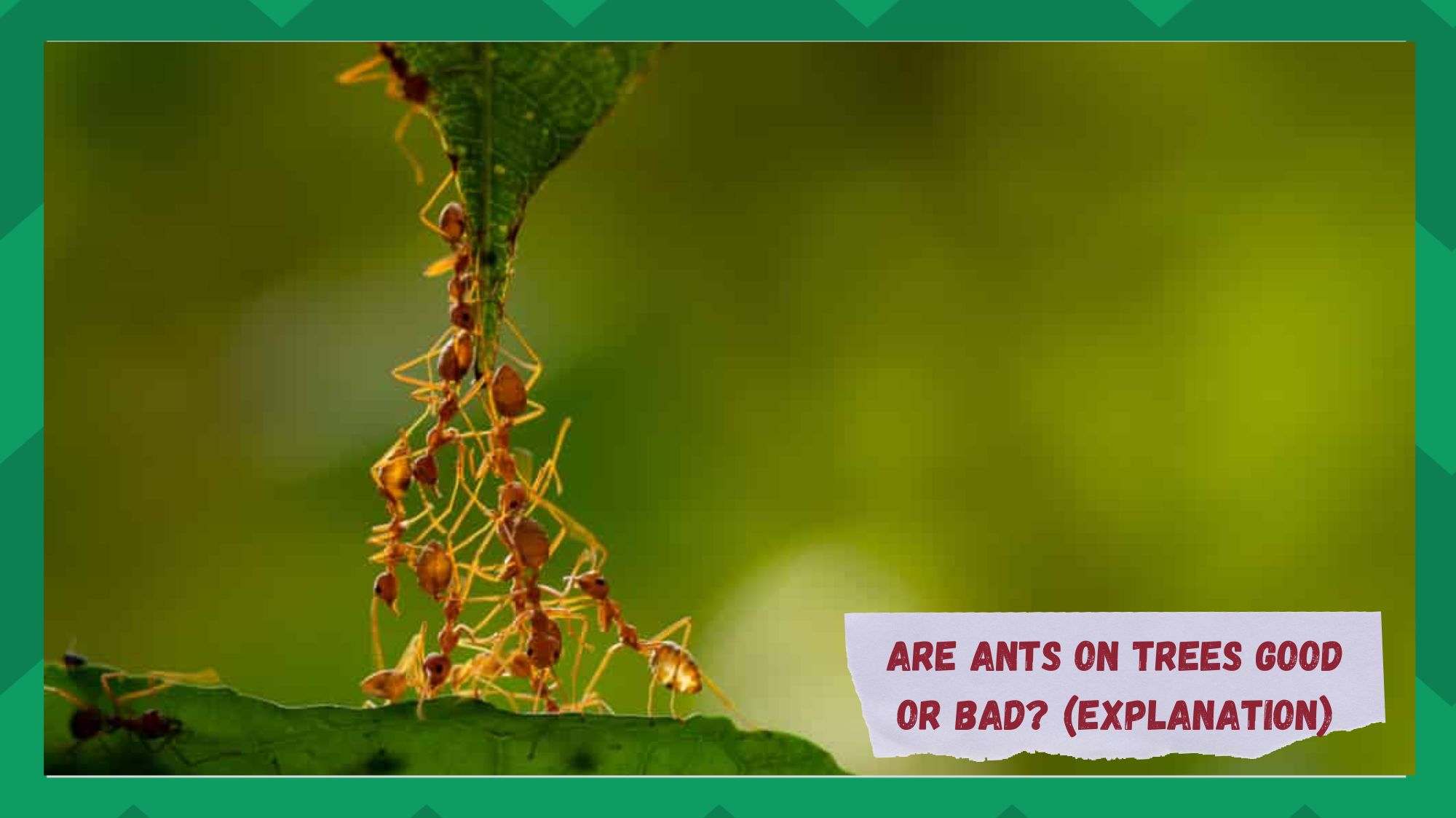
Any gardener will tell you that trees are not easy to grow. Planting and maintaining them needs your time and attention and you will face many challenges along the way. From watering to sunlight requirements, you have to take many things into account while growing a tree.
It goes without saying that pests pose a serious threat to trees. Regardless of the tree type, no landscaper would want to see their trees getting infested by pests.
They suck the sap out of the leaves of your trees, causing leaf deformation. Not only does this kill your leaves, but it also ruins the look of your green garden.
Ants are one of the most common challenges that every plant grower faces. They have around 10,000 species and like to live in groups or colonies.
Depending on the species, the number of ants in a colony can range from a few hundred to millions. They are abundant insects and represent approximately half of the total insect population.
There have been many debates on their impact on trees. While some people believe that they are beneficial for trees, others are of the opinion that they cause severe damage.
While it is widely speculated, we intend to debunk all the myths about the impact of ants on trees. Let’s delve deeper without any further ado!
Are Ants On Trees Good Or Bad? (Explanation)
It is understandable to think of ants as evil. After all, they are insects, and you have put in so much time and effort to grow your trees. While it is true to some extent, that is not always the case.
Benefits of Having Ants in Your Lawn
First off, ants offer several benefits to your trees. For starters, they loosen the soil and help you aerate the soil. The nests and tunnels create pores in the soil, which creates pores, thus allowing nutrients and water to travel in the soil properly.
In a way, they improve the quality of the soil, thus helping your trees grow. Better soil quality leads to better nutrients and water circulation that every tree needs.
Moreover, ants are among the leading pest predators. They feed on the larvae of many pests, such as caterpillars, moths, etc. If you are a landscaper, you’d know how harmful these bugs can be to your trees.
Thankfully, ants help you keep the pest population in your yard at bay. An area with a high ant population will likely be free of these pests.
In addition to that, ants carry the dead organic matter down their tunnels. This results in faster decomposition, and the dead matter acts as a fertilizer. We all know how important fertilizer is for soil and trees. It would be safe to say that ants provide essential nutrients to the soil and help them travel as well.
It’s no secret that ants carry things in groups. It is said that they can carry up to 50 times the weight of their bodies. So, they carry the seeds and help disperse them. All these reasons make them a useful member of a healthy ecosystem.
Do Ants Damage trees?
Now that we have discussed how ants benefit your trees let’s take a look at how they cause harm. First, they use your soil for their nests and disturb the soil balance around the roots of your trees. This damages the roots and directly impacts the growth of your trees.
If the trees have dry roots, they will likely hydrate. Wilted leaves are a common symptom of dehydration in trees. So, if you notice wilting or discoloration in your leaves, it indicates they have been attacked by ants.
The thing with ants is that they are silent killers. They do not eat your trees like other bugs, but they can still cause harm. Although the activity varies depending on the species, most ants chew the leaves and stems. Rather than eating, leaf-cutter ants take the leaves to their nests.
Worker ants, on the other hand, cut the leaves and place them in the garden. It is seen that some worker ants use these leaves to develop fungi that the colonies of ants feed on.
Some ant species also promote the growth of bugs, such as aphids. These ants cut the leaves to feed aphids. Aphids suck the tree juice out of these leaves and secrete a sugar-rich sticky substance called honeydew on them in return.
Ants have a sweet tooth and relish this honeydew. This further damages your leaves. Furthermore, ants also protect aphids from many predator pests.
Aphids are the most feared pests that can destroy your trees in a matter of a few days. They are small insects and use their slender mouths to pierce the leaves.
They hang out on the underside of the leaves and emit honeydew, which not only invites ants but also promotes mold growth. All in all, the symbiotic relationship between ants and aphids damages your trees in many ways.
Apart from that, ants can also bite you while cultivating. Although the bite only causes minor irritation and itch most of the time, it is a nuisance, nevertheless.
How to Get Rid of Ants on trees?
Getting rid of ants can be tricky without identification. So, take a close look at the body of the ants to identify their specie. As mentioned earlier, there are over 10,000 known species of ants.
However, only 15-20 of them are known to infest trees, including carpenter ants, crazy ants, pharaoh ants, and many more.
Inspect all the areas around your trees where ants are commonly found, such as foundation points, sidewalk cracks, and under rocks. Depending on the infestation stage, you may need to use a combination of insecticides to get rid of them.
It is recommended to use a combination of granular and liquid insecticides if your trees are badly infested by ants.
Be careful while applying insecticides, as they are dangerous to humans. If you experience irritation or allergy after application, make sure to reach out to a doctor immediately.
Keep your pets and kids away from the area until the solution dries completely. Furthermore, apply it only when you have tried all other solutions. And yes, if they are causing more good than harm, leave them be.
The Bottom Line
It’s no wonder ants have such a bad reputation despite their useful services. They help aerate and improve the nutrients and water flow in the soil, but they can also chew the leaves and stems of your trees.
They also encourage the growth of aphids that stunt tree growth by piercing the leaves and sucking fluids out of them. Using an insecticide is an effective way to eliminate ants from your lawn.

